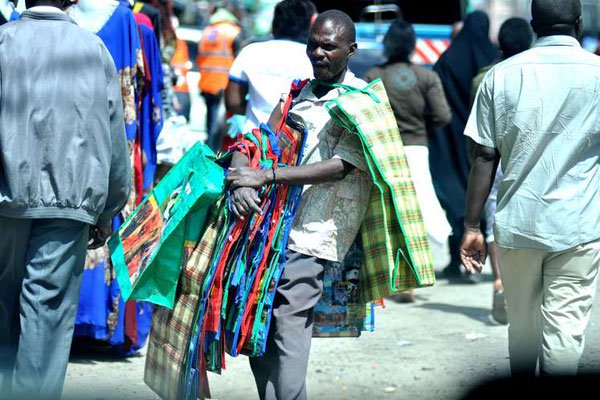
Hustling is often associated with adults who do all sorts of things to make ends meet. But the reality is that children hustle, too. In the countryside, children get to school early after a long walk in the cold, often barefoot.
They learn that suffering is part of life and by the time they’re adults, hustling and suffering have been ingrained in their minds. They’re reminded often in school, at home and even in church that suffering is noble and is the route to a better life. One only wishes the journey to a good life would end that way - in a good life.